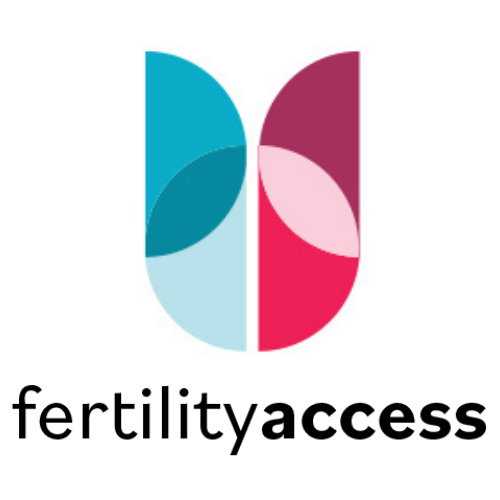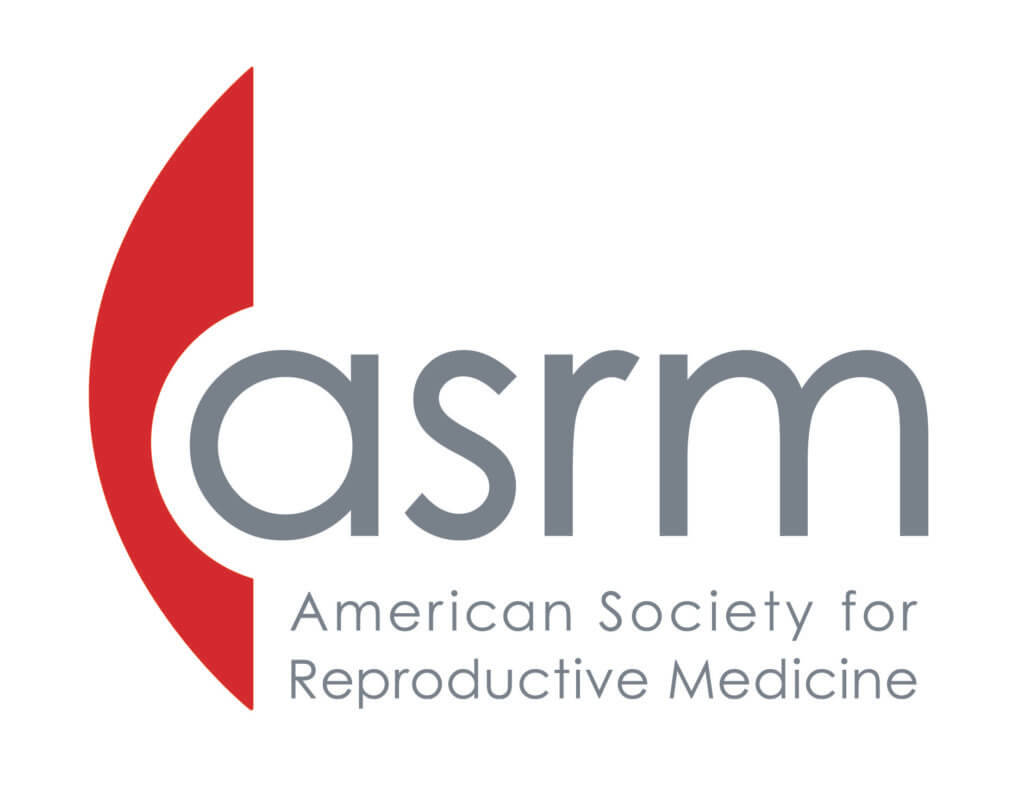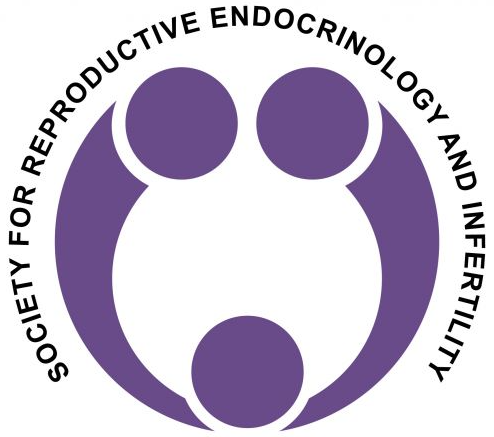A recent column in the Independent addresses a crucial issue facing black women who are struggling with infertility. When they look at “pamphlets, posters, brochures or in waiting rooms” it’s easy for them to feel like they are alone in their struggle due to the lack of women of color. This can also have the negative effect of causing women of color to question whether they are weak for seemingly being the only one seeking fertility treatments.
We’ve touched on this issue before, highlighting how meaningful it was for former first lady Michelle Obama to come forward with her story about miscarriage, infertility, and finally succeeding in conceiving her daughters via IVF. She served as an important role model for other women of color who are on a similar journey.
For the most part, the images of infertility in the western world depict upper and upper-middle class white women between the ages of 30 and 40 who are seeking to conceive a child with their straight partner. Even when seeking to reach a younger audience, boutique fertility clinics tend to aim their advertising at millennial white women who may be interested in having “egg freezing parties” in a coffee-shop or bar-like setting.
This lack of color in infertility imagery can further stigmatize infertility in communities where women are already bearing the burden of infertility stigma as they consider the treatment options available to them.
You Are Far From Alone
Such results are particularly tragic given the actual facts about fertility for minority women. Birth rates in the United States are at a historic low. Digging into those startling statistics reveals that fertility declines have been the most drastic for Hispanic, Native American, Black or African American women. At a time when they are suffering the brunt of falling birth rates, minority women are faced with a fertility treatment landscape that seems to overlook their situation and their needs.
It doesn’t have to be this way for you.
At CRM, we take pride in the services we provide to women and couples of all ethnicities and sexual orientations. We know that diversity is a great strength of our Twin Cities communities and strive to have a practice that reflects our surroundings. Our physicians use cutting-edge infertility treatments and work to remain in tune with the unique medical needs of our African American patients. Our donor egg program is also focused on creating a diverse pool of egg donors to provide matches for our diverse range of patients.
If you’re like to learn more about what we offer at CRM, call 612-863-5390 or complete our new-patient form.





